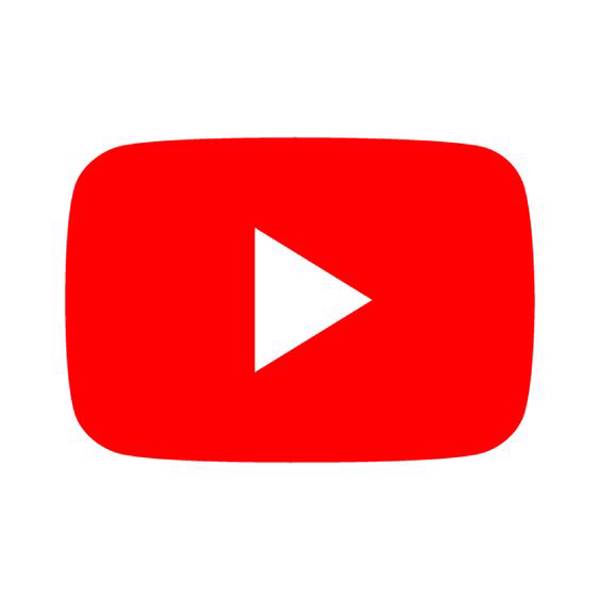iPhone and iPad users will soon see a prompt from YouTube asking to track their activity across other apps and websites.
This allows for more personalized ads, but not necessarily location sharing.
While location data might be used in some personalized ads, YouTube isn’t directly requesting location permission through this prompt. They’re focusing on tracking your app activity to understand your interests.
YouTube is bringing a lot of new changes to its platform to make it more engaging and focus on user privacy. One of the changes is an option for Apple device users to give consent to sharing locations if they want to see more personalized videos. The move is in line with compliance with Apple’s privacy policies and delivers more personalized advertising on the platform, aligning with Apple’s App Tracking Transparency (ATT) framework introduced with iOS 14.5.
Since 2021, Apple’s App Tracking Transparency (ATT) has shaken things up in digital advertising. This policy requires apps to ask users for permission before tracking them across other apps. This shift puts user privacy first by giving them control over their data. In response, Google, along with others, has adapted its tracking methods to avoid the ATT prompt. This means they’ve stopped using certain tracking tools like the IDFA.
YouTube is switching gears on Apple devices. Soon, iPhone and iPad users will see a one-time pop-up asking if they want YouTube to track their activity on other apps and websites. This prompt gives you two choices:
- “Allow”: Pick this if you’d like YouTube to use your activity across different apps to show you more relevant ads and measure how well those ads perform. This setting will apply to all YouTube users on the same device.
Don’t want YouTube tracking your activity across other apps? No problem! Choose “Ask App Not to Track” and YouTube won’t link your in-app activity with other apps and websites. This might mean you see less personalized ads and some repetition, but the choice is yours.
This new approach is all about giving you more control and keeping things fair. YouTube wants to balance user privacy with showing you relevant ads. By letting you choose how personalized your ads are, they hope to:
- Improve your experience: With more relevant ads, you’ll hopefully see things you’re interested in.
- Support creators: Better ad performance helps YouTube keep funding content creators you love.
- Respect your privacy: This aligns with Apple’s privacy settings, and you can always change your mind later.
Also read : Super smart ChatGPT coming in 18 months, says OpenAI
A YouTube spokesperson recently told 9to5Google: “We’re confident this will create a win-win for users and creators. You get relevant ads, and creators get the support they need.”



